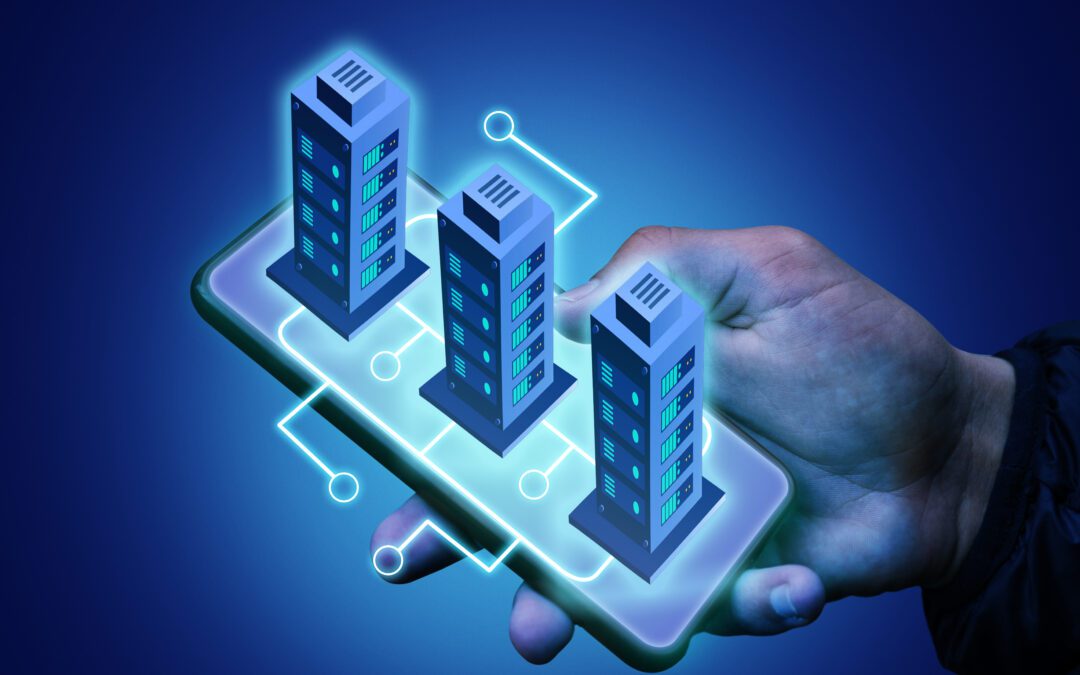Introduction
The real estate market is undergoing a transformation driven by innovative technological advancements. Among these advancements, blockchain technology is emerging as a revolutionary tool for improving transparency, security, and efficiency in the real estate industry. In this article, we will explore how blockchain technology is reshaping the way contracts are made and executed in the real estate sector.
Blockchain and Real Estate
Blockchain is a distributed ledger technology that enables the creation of secure and transparent digital records. In the context of real estate, blockchain has the potential to simplify and streamline a variety of processes, from buying and selling properties to managing lease contracts and executing financial transactions.
Smart Contracts
One of the most exciting applications of blockchain in real estate is the implementation of smart contracts. Smart contracts are self-executing computer programs that are automatically triggered when certain predefined conditions are met. In the case of real estate, smart contracts can be used to automate a variety of processes, such as property transfer, rent payments, and financing agreements.
Benefits of Smart Contracts
Smart contracts offer a range of benefits for both property owners and tenants, as well as other parties involved in real estate transactions. Some of these benefits include:
- Transparency: Smart contracts are blockchain-based, meaning that all transactions are transparent and verifiable by all parties involved.
- Security: Records on the blockchain are immutable and tamper-proof, ensuring the security and integrity of the data stored in smart contracts.
- Efficiency: Smart contracts eliminate the need for intermediaries and reduce the amount of time and resources required to complete real estate transactions.
- Cost Reduction: By eliminating intermediaries and streamlining processes, smart contracts can help reduce the costs associated with property buying, selling, and leasing.
Use Cases in Practice
Several real-world use cases of smart contracts in real estate are already underway worldwide. For example, some real estate investment platforms are using smart contracts to enable investors to tokenize and trade shares of properties online. Similarly, some property management companies are using smart contracts to automate rent collection and manage repairs and maintenance more efficiently.
Challenges and Considerations
Despite the potential benefits, the widespread implementation of smart contracts in real estate still faces significant challenges. Regulation, interoperability between platforms, and education about blockchain technology are just some of the considerations that need to be addressed to facilitate the widespread adoption of this technology in the real estate industry.
Conclusion
Blockchain technology is transforming the real estate market by providing a more secure, transparent, and efficient way to make and execute contracts. With the increasing adoption of smart contracts and other blockchain applications, the future of the real estate sector looks promising, with the potential for greater accessibility, innovation, and efficiency at all stages of real estate transactions.

